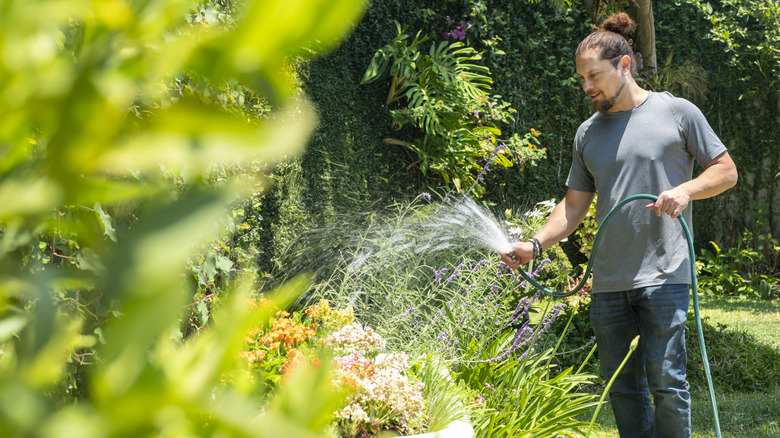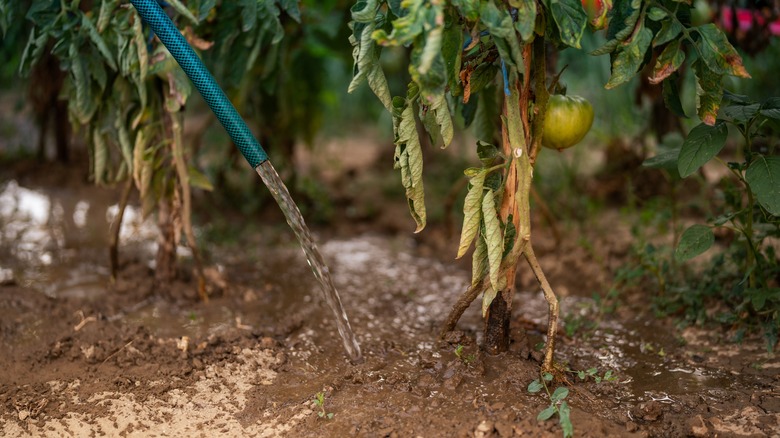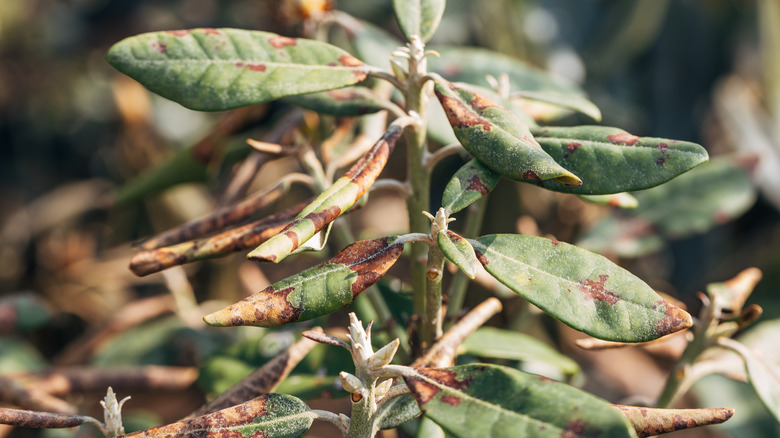Watering Plants In Full Sun - Does It Cause More Harm Than Good?
Does the time of day matter when watering your plants? Most experienced gardeners ask themselves this question sooner or later. Experts agree that there are certain times of the day or weather conditions that may be better for watering your plants than others. However, this has led to the common belief that watering plants on hot days, in full sun, can damage your plants. This practice is commonly referred to as hot-weather watering. But is it really causing more harm than good? Not quite.
One of the most common beliefs about hot-weather watering is that it can burn the leaves of your plants due to the magnifying effect of the water droplets in the sun. Yet, there is plenty of research out there on what causes leaf scorch, and none of it supports this belief. That being said, mid-day still might not be the best time to water, at least not regularly. A lot of factors impact your plant's watering needs, including weather, soil conditions, the type of plant, and what growth stage it's in. If your plants are stressed because of the heat, give them water as soon as you can, even if it's sunny. Otherwise, water in the morning to give your plants time to absorb the water without evaporation.
Do's and don'ts of watering in full sun
If you notice that your plants are wilting in the sun, this indicates that they are stressed from the heat and looking for more water. Other signs of heat stress include leaf rolling or yellow foliage. In this case, waiting until cooler times, like evening, could cause further damage, such as scorching and fungal diseases. To ensure the water reaches the roots, apply water directly to the soil. It is also important to note your soil conditions and your plants' watering requirements. This will help you decide if things like artificial shade or mulching are better solutions to avoid future heat stress in your plants.
One important thing to consider about watering in the sun is the lack of efficiency. While it is true that watering mid-day can help breathe life back into heat-stressed plants, it isn't the most effective use of water for your plants because the moisture will evaporate faster than at cooler and shadier times, such as early morning. In other words, it isn't helpful to your plants to make a habit of watering in the sun. If you aren't sure how to tell if your plants need water on hot days, you can use Martha Stewart's watering hack to keep an eye on water levels: a moisture meter. If you determine your plants do need more water, use a hose instead of a sprinkler, because it is not as efficient in the heat.
The truth about leaf scorching
Research shows that leaf scorching is not caused by hot-weather watering; in fact, it may be the opposite. Two of the most common conditions that contribute to leaf scorching are drought and salt. Sweltering summer temperatures can cause severe damage to your plants' leaves, because they cannot absorb enough water from the ground to get hydrated. As a result, the leaves can appear sunburned or scorched. If you avoid watering during the middle of the day, the condition can get even worse by evening or the next day, which can make the plant more susceptible to scorching in the heat and to diseases.
Meanwhile, too much salt in the soil can also cause scorching. If you have too much sodium or chloride in your water, watering on hot days could contribute to scorching, though it is unlikely unless you are using recycled or gray water. More commonly, the issue comes from over-fertilizing or using pesticides, or from local conditions such as spray from nearby seawater or runoff from road salt. Other potential causes of leaf scorching include extreme temperatures or high winds.


